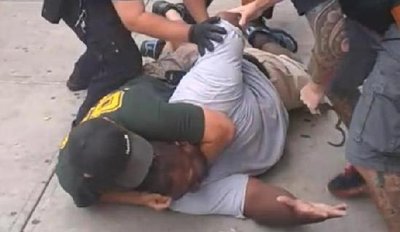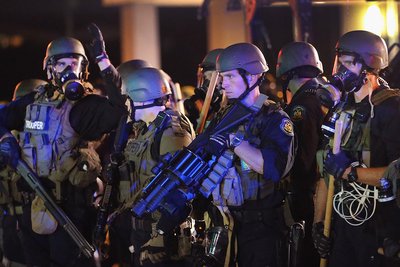We can get the Governor of IL to veto this bill, but only if tons of people contact him. Can you please share this petition right now?

At a time when people nationwide are calling for more transparency from police, politicians in Illinois want to make it more illegal to record them.
People from across the political spectrum agree that the government needs to be accountable and transparent. The right to film and record law enforcement and government officials is a basic freedom that protects us from abuse.
The U.S. is having an important conversation about police violence right now, in large part because people are able to record acts of abuse and share them freely on the Internet and with the media.
Follow us for breaking updates on this campaign!
Follow @fightfortheftr
